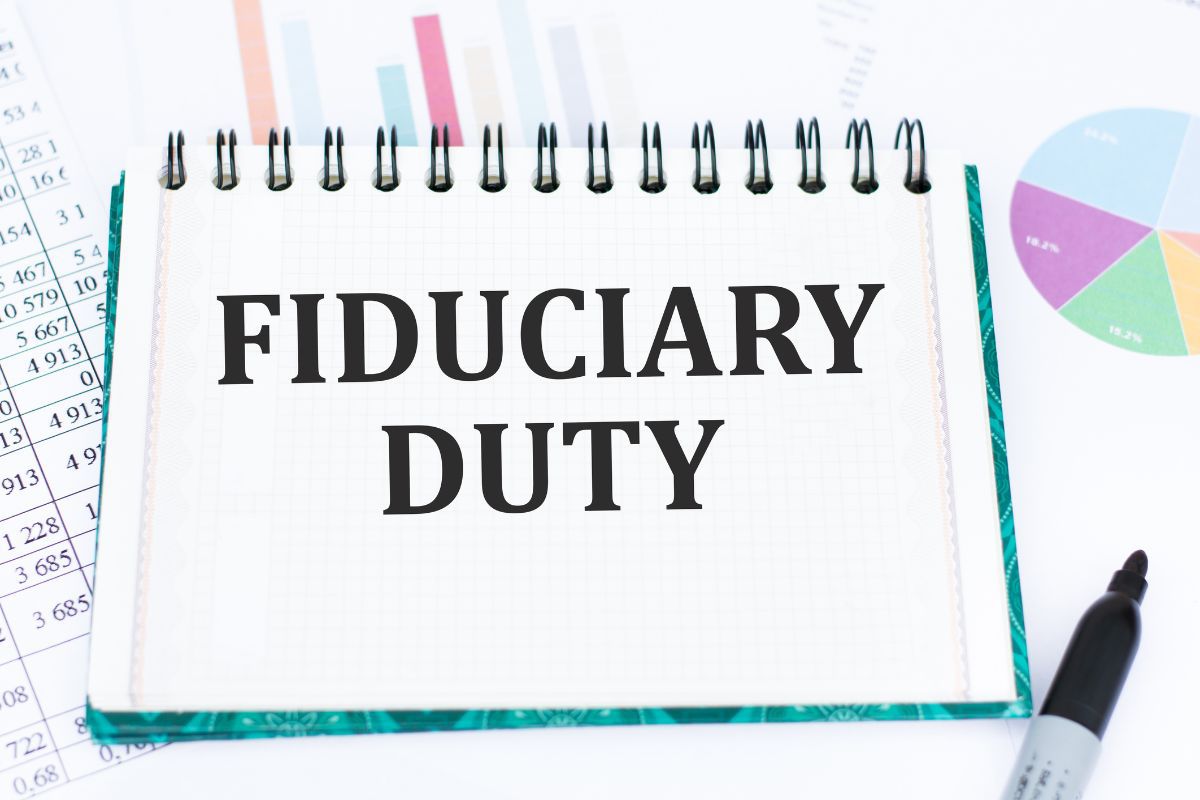If you plan to negotiate a business divorce, be aware that you may owe fiduciary duties to your corporation during the divorce process. Corporate directors and officers are responsible for fulfilling several fiduciary duties in the course of their actions on the corporation’s behalf. These duties can come into play during a business divorce, when personal interests may conflict with corporate interests.
The Fiduciary Duty of Loyalty
Directors and officers of a corporation must act in accordance with the fiduciary duty of loyalty. In essence, this duty requires you to avoid putting personal interests above corporate ones as you perform tasks for the corporation. To uphold the fiduciary duty of loyalty, you should do the following:
- Do not use corporate opportunities for personal gains
- Fully disclose any conflicts of interest you have
- Act in the corporation’s best interest (not your own or an individual shareholder’s)
During a business divorce, your personal interests may be more important to you than corporate interests. It’s a good idea to document your decisions on behalf of the corporation to show that they were not influenced by personal concerns. You also need to disclose any conflicts of interest you have. For example, you may need to notify the other directors of a personal connection you have with someone involved in a corporate transaction. Talk to your business divorce lawyer about the best way to protect yourself from accusations of breaching the duty of loyalty. during a business divorce.
You may wonder if you can leave a corporation (as during a business divorce), and still fulfill the fiduciary duty of loyalty. One court found that directors and officers can look for other employment with competitors while still fulfilling their fiduciary duties. Great American Food Chain, Inc. v. Andreottola, No. 3:14-CV-1727-BK, 2016 U.S. Dist. LEXIS 27658 (N.D. Tex. March 4, 2016). However, talk to your lawyer first if you are considering jumping ship for a competitor during the business divorce.
The Fiduciary Duty of Care
The fiduciary duty of care refers to the care directors and officers must take in performing their positions on the corporation’s behalf. You must make sure that your decisions are informed and educated (e.g. by doing research or by delegating research to an employee). You must devote adequate attention to corporate matters, typically on a regular basis. Also, you must make reasonable, good-faith decisions for the corporation. In many cases, a good-faith, well-informed decision by a director or officer will protect them from legal liability due to the business judgment rule.
During a business divorce, the duty of care may become important for you as a director or officer. For example, you may need to investigate the possibility of selling the corporation. To fulfill your duty of care, you should do research (or delegate it to someone else), solicit offers, and evaluate the offers carefully.
You may need to take other steps as well, depending on the corporation’s situation. For example, you may need a recent business valuation to assess how much the corporation is worth. You may need to sell off equipment to boost cash reserves. You might have to decide whether employees will stay on during the acquisition. These tough decisions all invoke the duty of care when it comes to a business divorce for a corporation.
Whether you are going through a business divorce now or starting to think about one, talk to a knowledgeable business divorce lawyer about your options. You need to understand your fiduciary duties and other legal obligations as the divorce moves forward. Our team of professionals can help.
Let Us Help with Your Business Divorce
At Henke & Williams, LLP, we assist clients with their business divorces. Our lawyers have experience with business divorce situations of many types. We can evaluate your specific circumstances and provide customized legal advice. Henke & Williams, LLP is here to help. To set up a consultation, call 713-940-4500 or use our convenient Contact Form.


